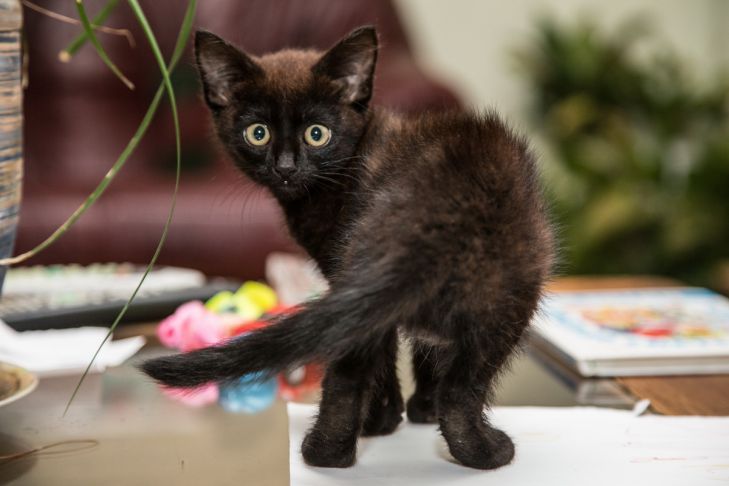What to do if a cat bites you: here's why it's better not to joke around with pets
In fact, a cat bite, especially a non-domestic one, is not such a harmless thing, and the wound needs to be treated with due care.
While there's no reason to panic, your pet may leave behind something more sad than a scratch or a few scars. Here's what to think about.
Consequences of a bite
Even a domestic animal can infect a person with rabies or tetanus, writes KP.RU with reference to felinologist, member of the Feline Federation of Bashkiria Sergei Zabolotny.
1. Therefore, at first you should wash your hands in clean water and with laundry soap.
The wound is washed thoroughly for 15-20 minutes or treated with the means available from the first aid kit. In extreme cases, hygienic wipes will do.

2. Then treat with 3% hydrogen peroxide, chlorhexidine or alcohol-containing substances. Only after that treat the wound with iodine.
3. If the wound is serious, you should seek medical help. In addition to the fact that the lacerated wound will have to be stitched, the doctor can examine the condition of the skin and give further recommendations.
How to treat
Usually in such cases, in addition to antibacterial treatment, it is recommended to get vaccinated against the diseases mentioned.
Experts also advise paying attention to the bite site. If it is the face, neck or hands, then the infection may be more intense.
If possible, monitor your pet for signs of rabies.
And if you are bitten by a stray cat, then refusing a full course of vaccinations will be more expensive for you.
